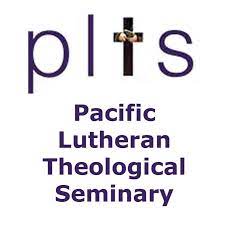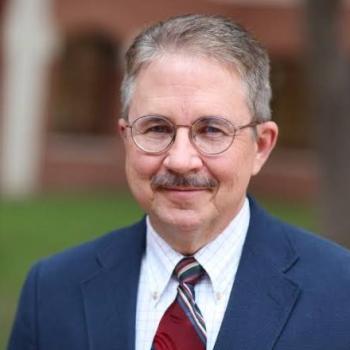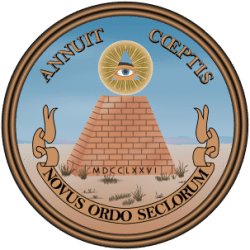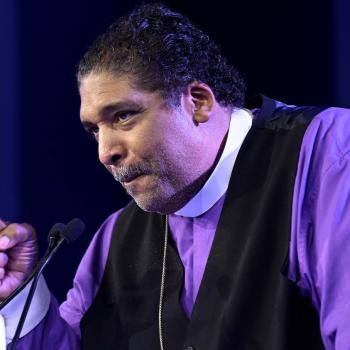To Eat No-Kill Cultivated Meat
Part Four: What do Mormons think? An Interview with Lincoln Cannon

No-kill cultivated meat seems so very promising. By removing a cell sample from a living animal and growing it in culture, cultivated meat could provide protein nutrition for poor and wealthy alike. We can imagine a gradual supersedence of cultivated meat over slaughtered meat. We can forecast a reduction if not elimination of land devoted to pasturing, chicken processing factories, and slaughter houses. We’re ready to deliver this good news to every steer and chicken I meet.
As an exercise in public theology and ecotheology, we now ask: what are the religious implications? Many of our religious traditions have included dietary rules combined with a theology of animals. We–Brian Brosovic and Ted Peters–began this odyssey with an article, “Meet the New Meat,” in the September 2022 issue of Pax Lumina. Then, in Part One of “To Eat No-Kill Cultivated Meat” here in Patheos, we looked at the science of cultivated meat. In Part Two, we asked Professor of Jewish Studies Sam Shonkoff: would cultivated meat be kosher? Yes, he said, as long as it follows traditionally kosher practices. Dharma scholar Rita Sherma, in Part Three, addressed our question from the perspective of Hindus and Jains.
Now, in Part Four, we turn to our favorite LDS theologian, Lincoln Cannon. Lincoln is Founder and Advisor of the Mormon Transhumanist Association. Please take a look at our Patheos interview with him, “Religious Transhumanism 5: Mormon? Yes.” Let’s ask Lincoln about Mormon sensibilities and his forecasts.
(1) “Lincoln, LDS theologians take a strong stand on behalf of animals within God’s creation. For non-LDS readers, what is the central concern that you as an LDS theologian have regarding animals?”

Mormons also generally revere God’s command to humanity that we should govern creation — sometimes translated “rule” or, unfortunately, “dominate.” The command to govern may provoke some to think of the oppressive tactics of tyrants. However, Mormon scripture elaborates at length on the ethical use of authority, quite clearly rejecting anything like tyranny.
Instead of engaging in tyranny and other oppressive tactics, we should govern “by persuasion, by long-suffering, by gentleness and meekness, and by love unfeigned; by kindness, and pure knowledge, which shall greatly enlarge the soul without hypocrisy, and without guile.” And if you govern with such compassion, the scripture observes, “thy scepter [shall be] an unchanging scepter of righteousness and truth; and thy dominion shall be an everlasting dominion, and without compulsory means it shall flow unto thee forever and ever.”
(2) “I [Ted] love Angie, my dog. My beloved cat, Leona, was recently killed and devoured by coyotes. Will I see Angie and Leona again in heaven?”

Lincoln Cannon. I hope you’ll see Angie and Leona again. And I think there’s reasonable grounds on which to trust in and work toward such a possibility.
In Mormon eschatology, heaven is the future of our Earth — one of innumerable worlds that become heavens for their inhabitants. And Mormon scripture describes non-human animals as being among the inhabitants of the heavenly Earth.
(3) “Lincoln, what are your thoughts about the prospect that no-kill cultivated meat products may soon be on the market? Do you welcome this development? How might a LDS theologian think about this? What will you recommend for our future diets?”
What’s Next?
Here is an illuminating video from TED.
Which is better for you: real meat or fake meat?
This is where we have been and plan to go.
To Eat No-Kill Cultivated Meat. Part One: The Science
To Eat No-Kill Cultivated Meat. Part Two: Kosher?
To Eat No-Kill Cultivated Meat. Part Three: Hindu? Jain?
To Eat No-Kill Cultivated Meat. Part Four: Mormon?
To Eat No-Kill Cultivated Meat. Part Five: Muslim?
To Eat No-Kill Cultivated Meat: Part Six: Catholic?
To Eat No-Kill Cultivated Meat. Part Seven: Christian Vegetarianism?
▓
 Brian Brozovic is a student at Pacific Lutheran Theological Seminary and Ted Peters is an emeritus professor at Pacific Lutheran Theological Seminary in Berkeley, California, USA. Visit Professor Peters’ website: TedsTimelyTake.com.
Brian Brozovic is a student at Pacific Lutheran Theological Seminary and Ted Peters is an emeritus professor at Pacific Lutheran Theological Seminary in Berkeley, California, USA. Visit Professor Peters’ website: TedsTimelyTake.com.
▓



















